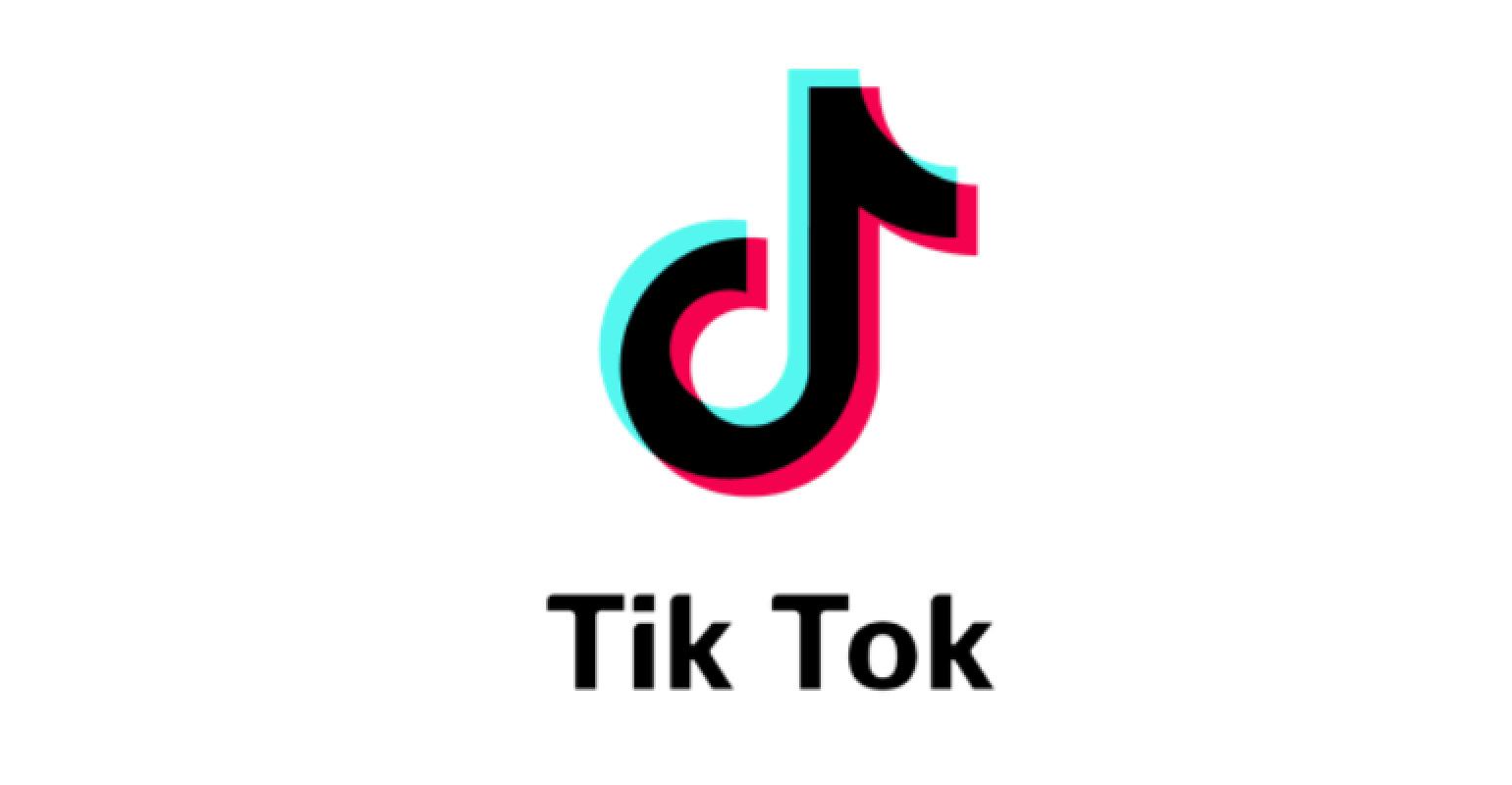
Social-Media
Judge prevents the Trump administration 's ban on TikTok downloads

The judge issued a preliminary injunction to the TikTok video-sharing app on Sunday, blocking a ban on new downloads in the US that would have come into force at midnight. US District Judge Carl Nichols released his decision to grant a preliminary injunction shortly after 8 p.m. ET, but his ruling was sealed, pending a review by the lawyers on both sides. Nichols did not block the Commerce Department's "at this time" restrictions scheduled to come into force on 12 November.
Attorneys for TikTok argued on Sunday morning during the dial-in hearing that the Trump administration 's ban would be "devastating" and urged the judge to block it before the whole case could be resolved. TikTok 's attorney said the ban that would block new TikTok updates from Apple and Google's app stores at 11:59PM ET today was effectively "shutting down expression." But the government's lawyers argued that TikTok's First Amendment arguments should not apply because the Trump administration considers the app to be a national security risk.
On 6 August, President Trump released an order claiming that the security issues of TikTok and WeChat, both China-based apps, constituted a national emergency. He invoked the International Emergency Economic Powers Act (IEEPA), which allows him to prohibit transactions between US and foreign entities. President Trump then released an order on 14 August granting ByteDance 90 days to either sell or spin off his TikTok company in the United States.
The order is set to come into force on 12 November and will effectively stop the service of the app.
On 18 September, the Commerce Department issued an order to block transactions between TikTok parent company ByteDance and WeChat, effective 20 September.
On September 19, however, a tentative deal was announced that would create a new business, TikTok Global, based in the US, to process and store all TikTok users in the US. Under the terms of the agreement, Oracle will become TikTok's trusted security partner.
Secretary of Commerce Wilbur Ross then postponed the ban until 11:59 p.m. on 27 September.
The app store ban is "arbitrary and capricious," said TikTok Attorney John Hall on Sunday. The company also states that the order of 6 August does not apply, because IEEPA excludes information and communication technologies.
This is one of the fastest growing apps in the world, and these new users are the lifeblood of this company, which is true of any social media site, Hall said. When it disappears from app stores, the impact will be catastrophic for consumers, material, developers, and will harm advertisers' credibility.
Lawyers for the US government argued that prohibiting potential users from accessing the app would allow the Commerce Department to resolve the most significant national security risks. But such a ban will also prohibit current users from providing new security updates to the app.
A TikTok spokesperson said in an e-mail to The Verge Sunday night that the company was satisfied with the judge's decision and said that it intended to maintain our ongoing dialog with the government to turn our proposal, which the President gave his preliminary approval last weekend, into an agreement.
Under the order of Nichols, both sides must revisit their sealed opinion in order to decide if it can be unsealed, and both sides will meet by 30 September to schedule further hearings in the case.
